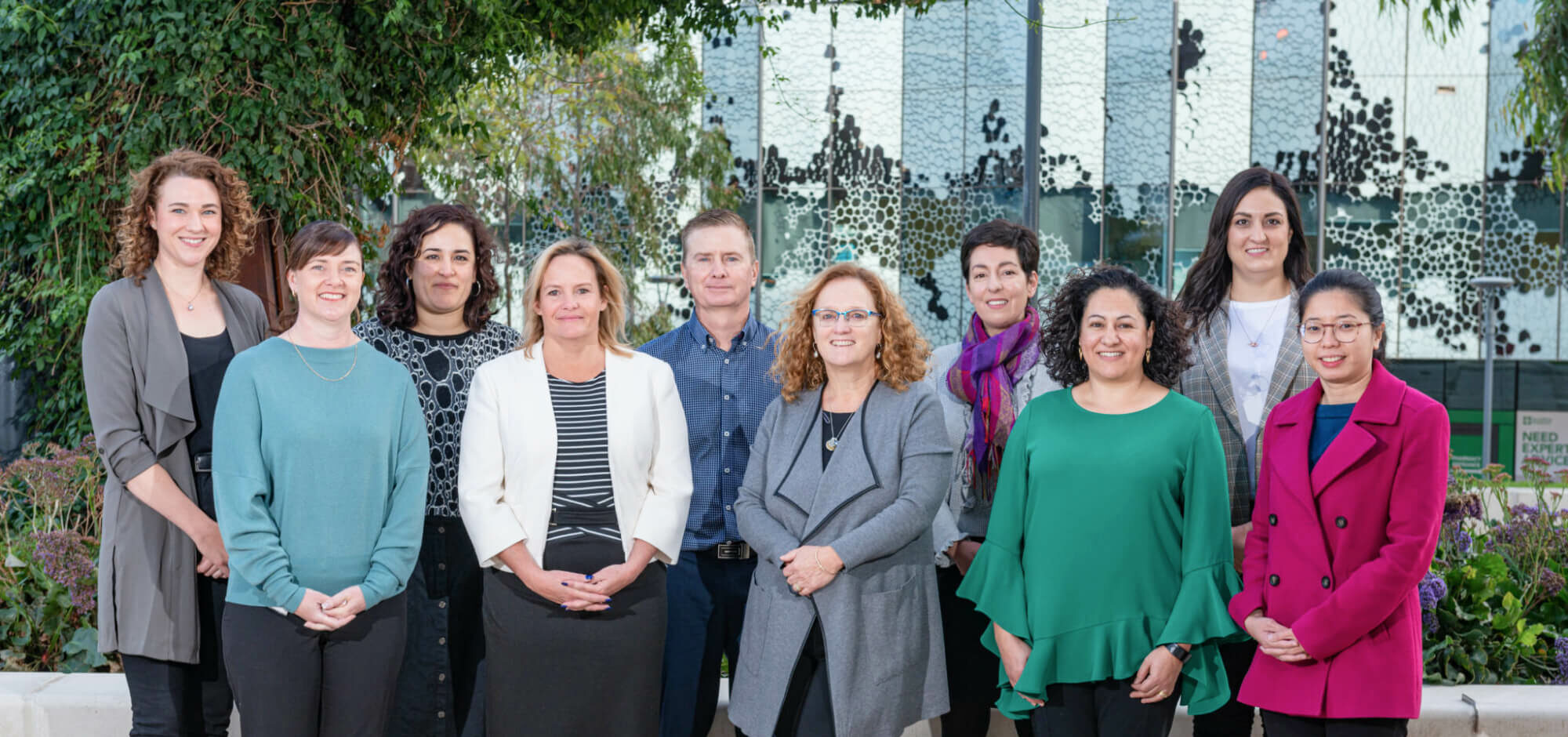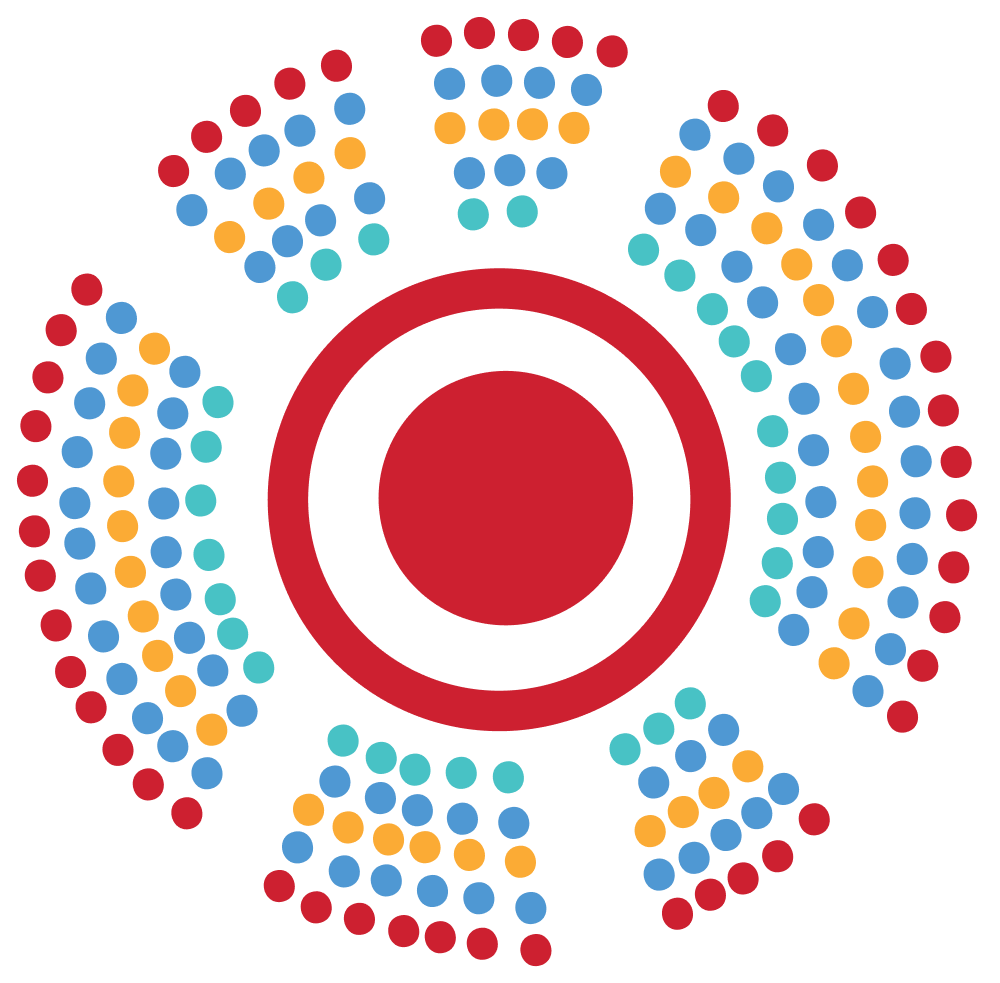Supporting Researchers to Embrace MRFF Funding Opportunities
Health Translation SA (HTSA) was built on the foundation that engaging a range of research stakeholders, including industry and the community, in the development of research projects is the key to accelerating the translation of that research into practices that truly improve health outcomes.
This collaborative guiding philosophy for HTSA – South Australia’s state-wide Advanced Health Research Translation Centre that was accredited by the National Health and Medical Research Council (NHMRC) in 2015 – perfectly aligns with the relatively new Medical Research Future Fund (MRFF) funding initiative that has dramatically changed the Australian research environment.
Established in 2017, the MRFF is a $20 billion sovereign fund, dedicated to supporting life-changing medical discoveries that engage researchers, healthcare professionals, governments, and the community in their development.
Since its inception the MRFF has grown significantly, transforming the Australian health research funding landscape by complementing more traditional research funding sources, such as the Australian Research Council (ARC) and NHMRC, providing a different and focused funding stream that supports research around four key themes of patients, researchers, research missions and research translation.
Attaining funding for research is always a complex task but after reviewing SA’s initial MRFF success rate HTSA Chief Executive Officer, Wendy Keech, says the HTSA Board of Partners decided to initiate an innovative approach to improve MRFF grant funding success for South Australian led research.
“While South Australia is a world leader in health and medical research, our success with the MRFF scheme started slowly and needed to be energised if we were to capitalise on the opportunity that it was presenting,” Ms Keech says.
“We realised we needed to think differently and as a result we established the SA MRFF Working Group.”
The SA MRFF Working Group – consisting of experienced leaders from each of the SA universities, the SAHMRI, the Office of the Chief Scientist, SA Health and the Department of Innovation and Skills – aims to raise awareness and build capacity to increase support for researchers, clinicians and industry partners to work across disciplines and win grants through the MRFF scheme.
“Together we are helping to leverage SA’s research strengths, promote collaboration and deliver research that meets community needs,” Ms Keech says.
“The SA MRFF Working Group initially focussed on connecting and developing capacity in each partner organisation by facilitating national and state-level networking events.
“Each partner organisation also realised they needed to establish MRFF specific research office expertise with specialised skills to respond to this different approach.”
SAHMRI Executive Director, Professor Steve Wesselingh, knows the MRFF presents a huge opportunity for South Australia, and along with the other SA MRFF Working Group partners, SAHMRI has been building expertise to make the most of the niche MRFF funding.
“We are seeing the benefits of this investment and it is vital that we collectively pivot to enable research outcomes to make a difference to the lives of Australians,” Prof Wesselingh says.
Now that all the SA MRFF Working Group partners have specific MRFF knowledge and put the infrastructure supports in place, South Australian researchers need to reposition their work and research applications so they are pitching health research projects in priority areas that will deliver high impact translational outcomes.
To facilitate these outcomes the MRFF Working Group has developed important resources for researchers and their collaborators and can provide advice on grant applications, project development and structure, and community consultation.
Group member and UniSA Manager Research Projects Development, Dr Marina Delpin says MRFF funding has particular criteria that are different from the key funding bodies researchers are accustomed to.
“Any grant application process is time-consuming and quite prescriptive, so to maximise their success, researchers applying for MRFF funding need to understand the intent of the MRFF and that scheme’s criteria before they commence mapping their projects and proposals,” Dr Delpin says.
“The MRFF focus is implementation and translation, so applications need to clearly demonstrate that if the project is successful, it will translate rapidly into well-defined outcomes.
“It’s also vital to demonstrate how researchers will garner broad and meaningful involvement from consumers, the community, and research end-users during the research journey.”
She says the MRFF has recently published a clear guide for researchers which highlights measures of success, providing invaluable information for anyone wanting to apply for funding support.
University of Adelaide MRFF Opportunities Manager and Grant Strategist, Dr Cadence Haynes says consulting with a local grants support team early in the process can make all the difference.
“It’s almost impossible for us to help once the deadline looms, but there are important and valuable ways we can assist earlier on,” Dr Haynes says.
“It is important to keep top of mind that the MRFF is a translation fund and while it’s not compulsory that a proposal deliver research outcomes to the clinic or market, a competitive bid must show a clear understanding of those parts of the journey, and an awareness of how consumers and stakeholders will implement those outcomes.”
Flinders University MRFF Research Support Lead, Dr Rui Hoo, is currently leading all MRFF-related research development activities at Flinders University and says the funding is an enormous investment into health and medical research that also provides a national platform for collaborations across the entire sector to develop and realise solutions for real-world problems.
“The MRFF is changing how we traditionally approach grant funding – from putting forward investigator-driven ideas to having the ability to understand what the unmet needs are prior to establishing the right partnerships and teams in the process of developing a scalable solution for all stakeholders,” Dr Hoo says.
“Research leadership, having the bigger picture, being creative and agile, solution and user-centric project design are all critical elements to successful research outcomes. At Flinders University, we support our researchers in this journey – from ideation through to establishing partnerships and providing strategic grant writing advice to maximise our chance for success.”
SA’s Chief Scientist, Professor Caroline McMillen says that South Australia performs in the top quartile for excellence in the Organisation for Economic Co-operation and Development (OECD) across a range of Science, Technology, Engineering, Maths and Medicine (STEMM) fields which is a testament to the quality of the researchers in SA universities, institutes, hospitals and in our health and medical industries.”
The MRFF provides SA with an opportunity to realise this high-quality STEMM research and to deliver significant impact for health and health care. The MRFF supports collaborations across disciplinary and institutional boundaries, and enables research that may incorporate emerging technologies or new biomanufacturing processes to accelerate the delivery of new treatments at the bedside, in the clinic or in the community” Prof McMillen says.
“The MRFF also offers significant opportunities for research that improves health policy and practice and also leads to the development of new to world products and services to deliver economic and social benefits for all Australians”, Prof McMillen says.
“Our role as an SA MRFF Working Group is to support and encourage researchers at all stages of their careers, and across our great health system, to harness the MRFF and to promote excellence and collaboration to drive the next generation of innovation and translation.”
